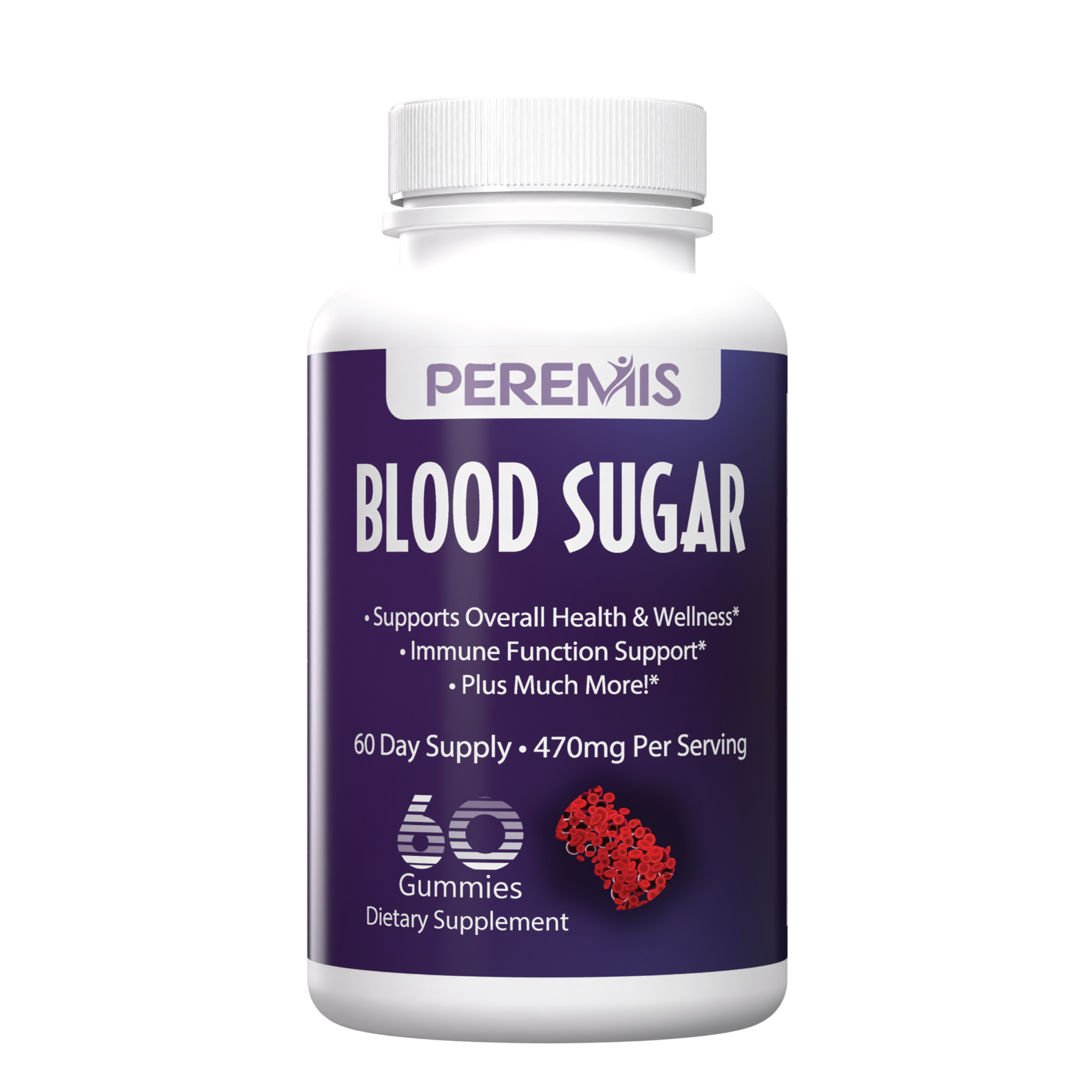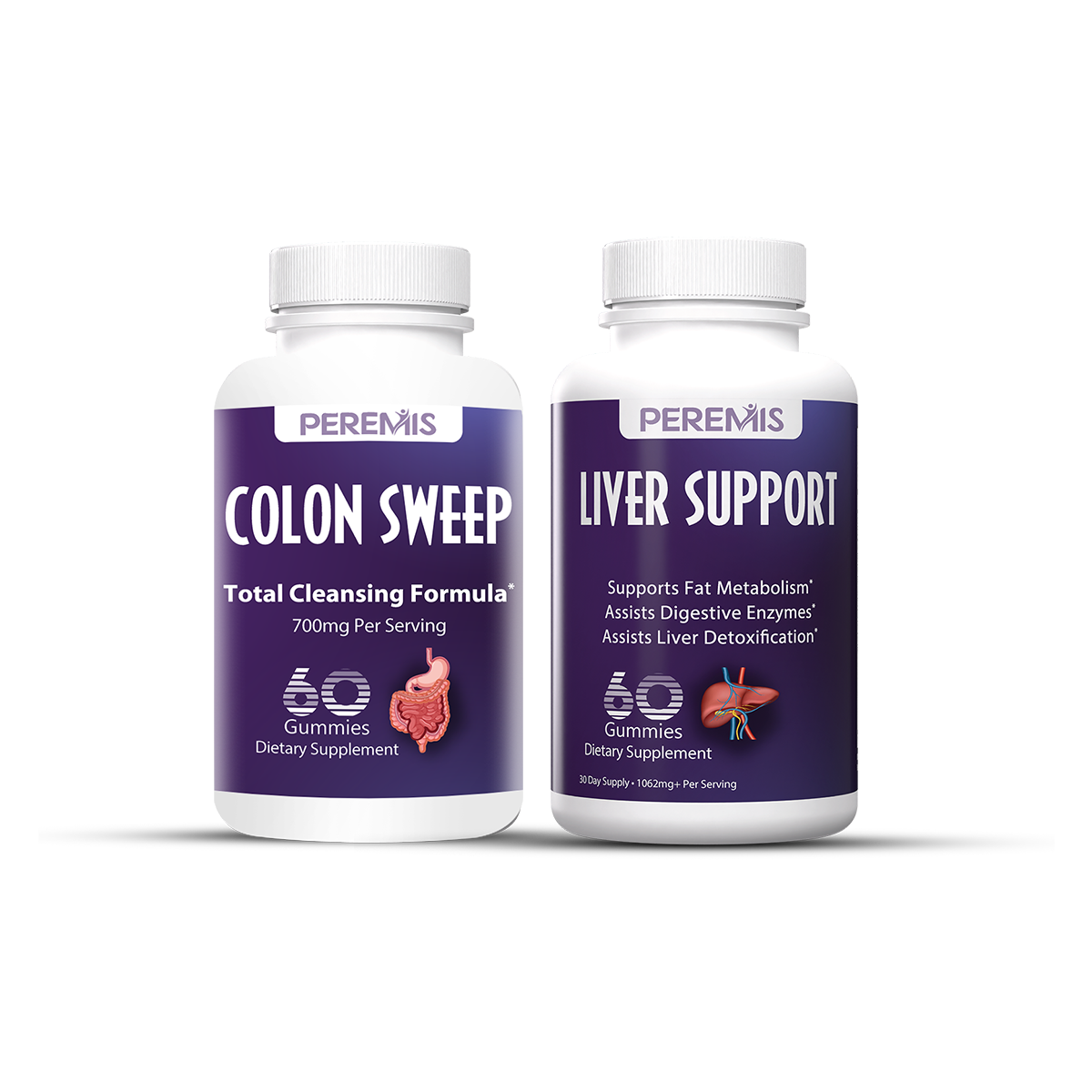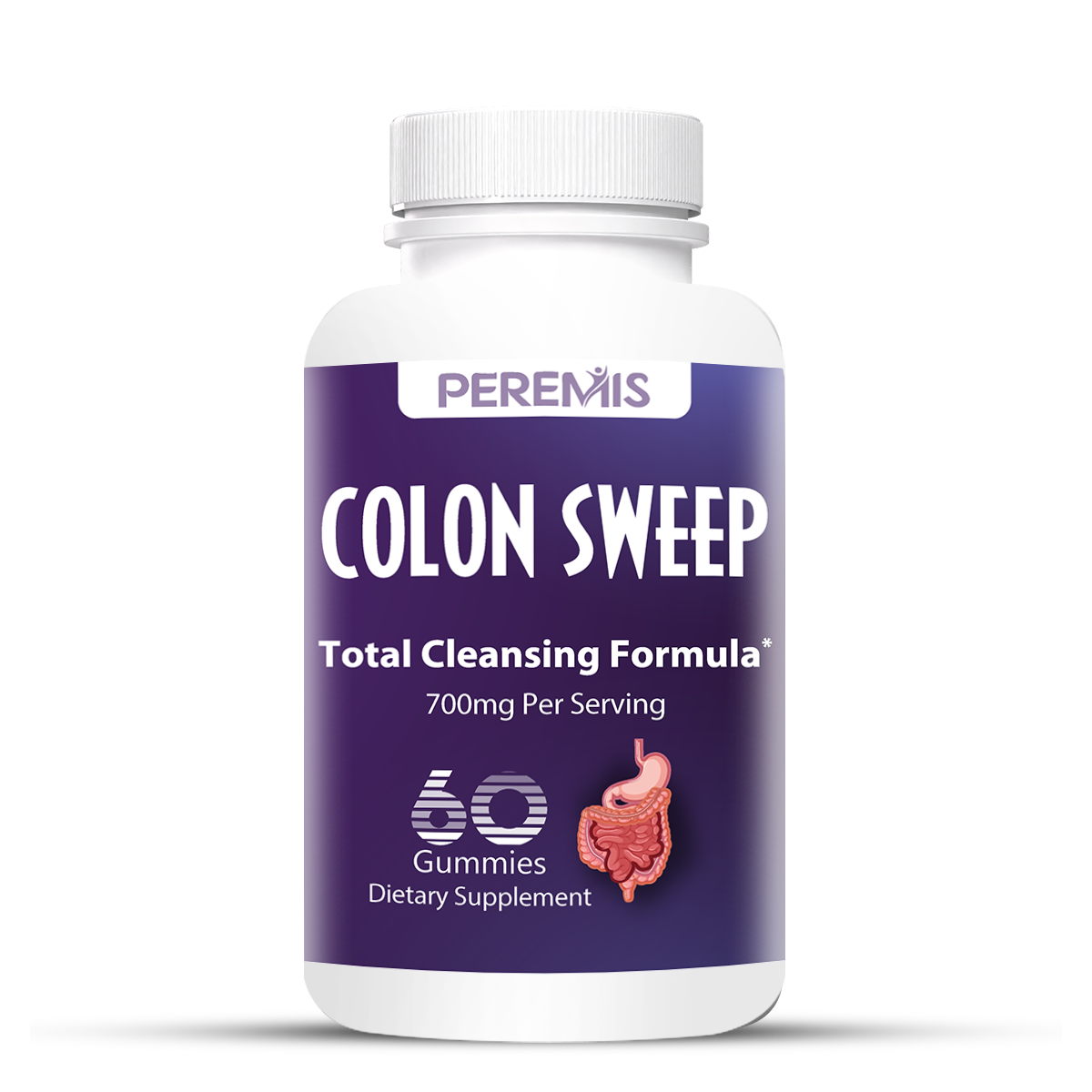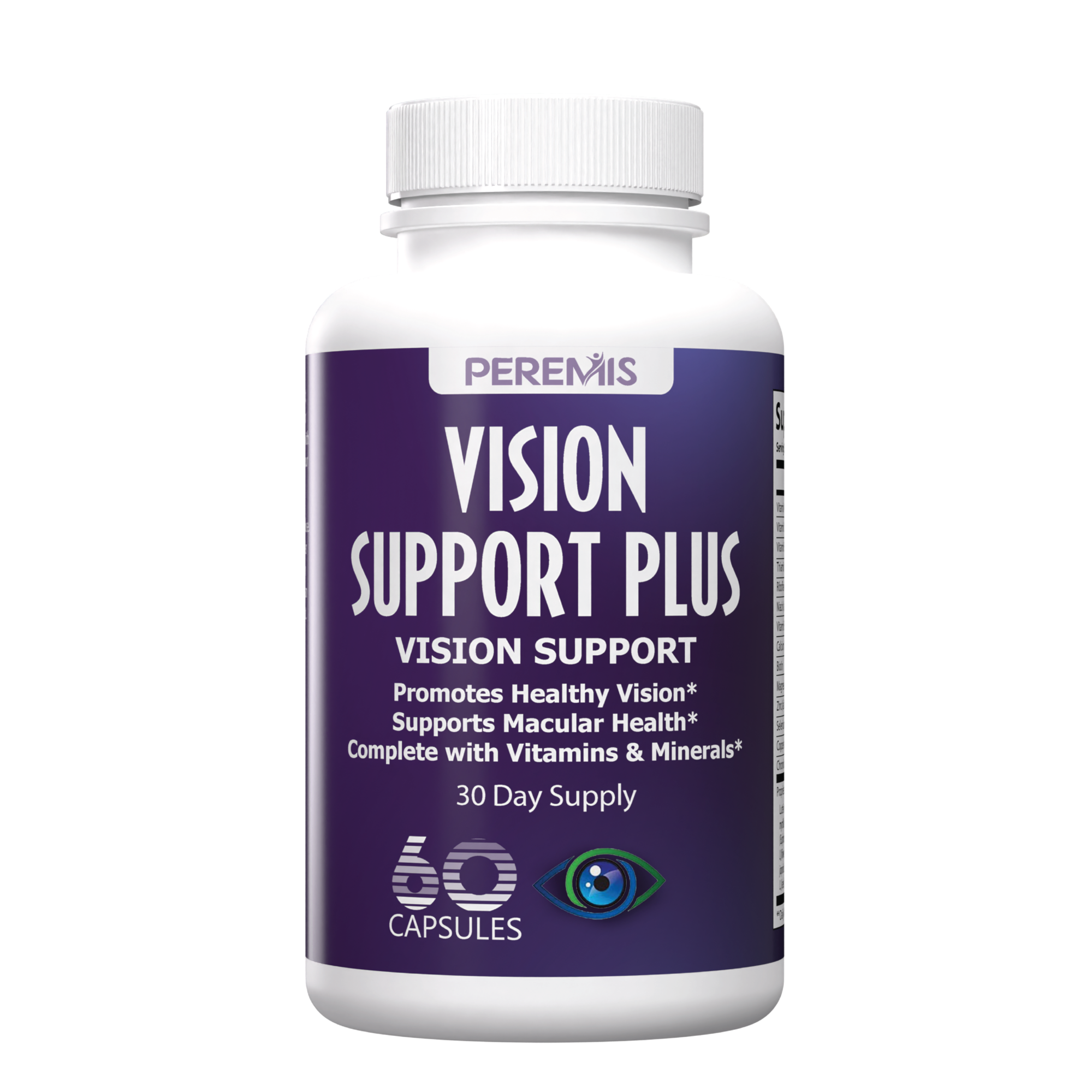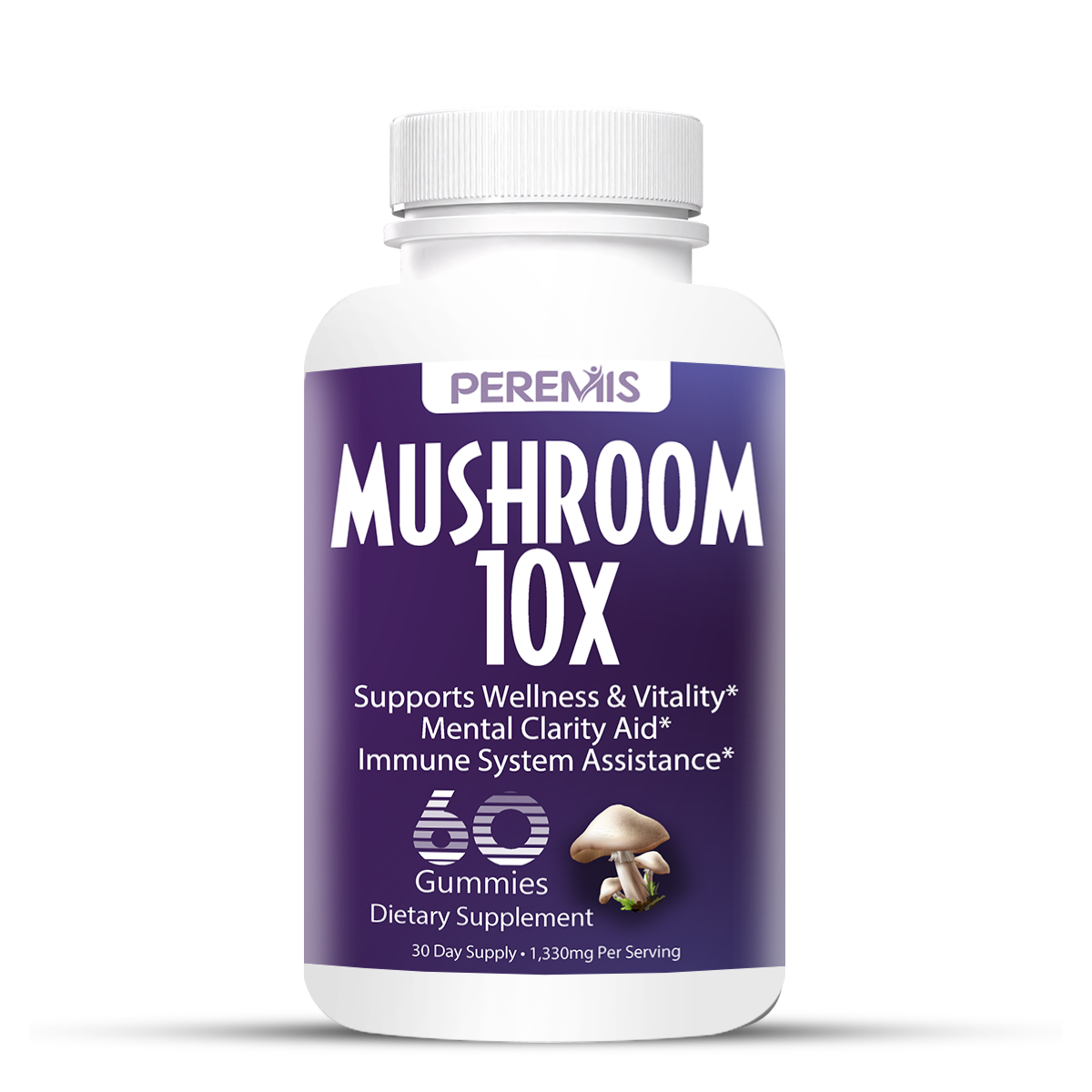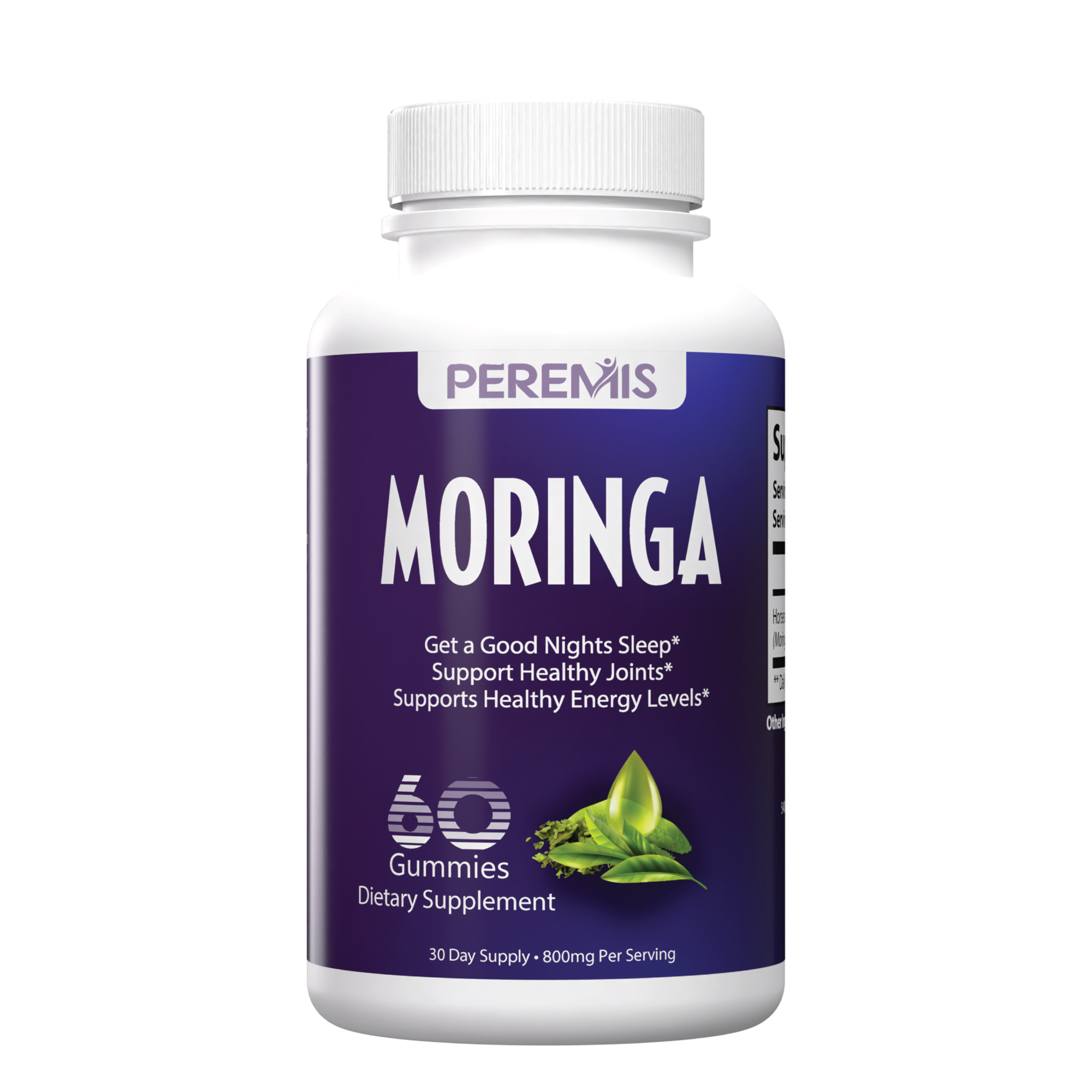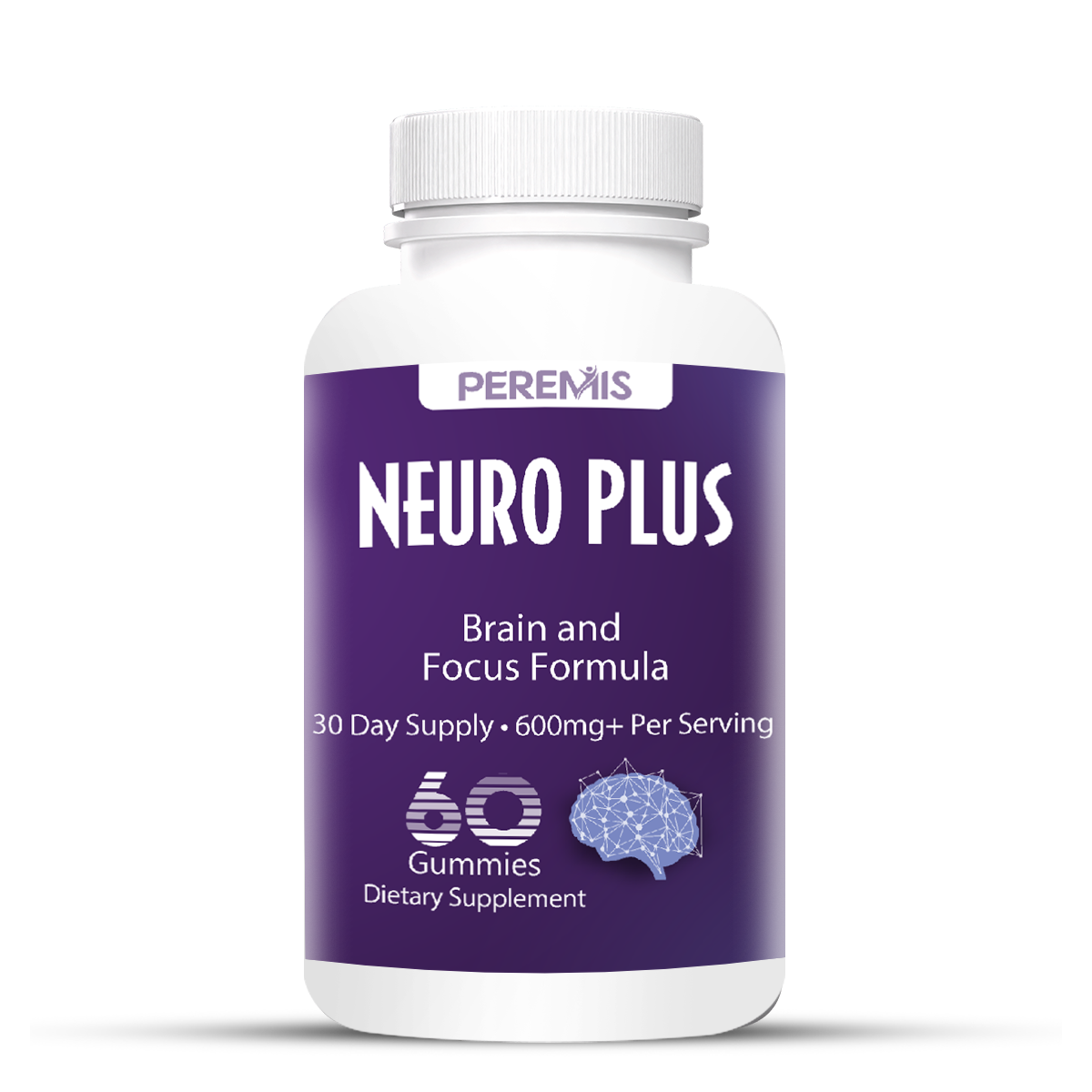Embrace Wellness: The World of Stress Relief Supplements.
Discover the world of stress supplements and their incredible potential for reducing anxiety and enhancing well-being. Explore the benefits, types, and top-rated stress relief supplements.
Stress has become an inescapable part of modern life, affecting people from all walks of life. The demands of our fast-paced world can take a toll on our mental and physical well-being. In search of solutions, many individuals turn to stress supplements. In this comprehensive article, we will delve deep into the concept of stress relief supplements, discussing their definition, importance, benefits, and their impact on the environment and local communities. Furthermore, we will highlight real-life examples of destinations and businesses that are leading the way in sustainable tourism, illustrating the potential of supplements for stress in promoting both personal well-being and global sustainability. Finally, we will explore the challenges and future prospects of stress supplements.
Defining Stress Supplements
Stress supplements are dietary or natural compounds designed to help manage and alleviate stress, anxiety, and related conditions. They are typically available in various forms, including pills, capsules, powders, and even herbal teas. Stress supplements aim to support the body's stress response system by providing essential nutrients and bioactive compounds that can help reduce the negative effects of stress on the mind and body.
The Importance of Stress Relief Supplements
The importance of stress relief supplements cannot be overstated, given the increasing prevalence of stress-related health issues in today's society. Chronic stress has been linked to a range of physical and mental health problems, including cardiovascular disease, depression, and compromised immune function. Stress supplements play a crucial role in addressing these concerns by providing a natural and accessible means to reduce stress and improve overall well-being.
Benefits of Stress Supplements
-
Reduced Anxiety and Stress: The primary benefit of stress supplements is their ability to reduce anxiety and stress levels. Compounds like adaptogens, B-vitamins, and magnesium are known for their calming effects on the nervous system.
-
Improved Mood: Many stress relief supplements contain ingredients that promote the production of mood-enhancing neurotransmitters like serotonin and dopamine, helping to combat feelings of sadness and depression.
-
Enhanced Cognitive Function: Some stress supplements, such as Omega-3 fatty acids and antioxidants, have been shown to improve cognitive function and memory, which can be negatively impacted by chronic stress.
-
Better Sleep: Stress supplements that include ingredients like melatonin and valerian root can help improve sleep quality, making it easier for individuals to relax and recover from the day's stressors.
-
Support for Physical Health: Chronic stress can weaken the immune system and contribute to various physical health issues. Stress supplements with immune-boosting ingredients like vitamin C and zinc can help bolster the body's defenses.
Impact on the Environment and Local Communities
While stress supplements offer numerous benefits for individuals, it is also important to consider their impact on the environment and local communities. The production of supplements can have environmental consequences, from resource extraction to manufacturing processes. Additionally, the collection of natural ingredients for supplements can affect local ecosystems and communities.
Sustainable Tourism and Stress Relief Supplements
Sustainable tourism offers an inspiring example of how stress relief supplements can be integrated into an environmentally and socially responsible framework. Many destinations and businesses are leading the way in sustainable tourism by promoting relaxation, stress relief, and well-being while minimizing their ecological footprint.
Real-Life Examples of Sustainable Tourism and Stress Relief
-
Costa Rica's Eco-Lodges: Costa Rica is known for its eco-friendly lodges that offer guests the opportunity to experience nature while supporting conservation efforts. These lodges often provide stress relief supplements as part of their wellness packages, helping visitors unwind in a sustainable manner.
-
Thai Wellness Retreats: Thailand has embraced sustainable tourism by offering wellness retreats in lush, natural settings. These retreats often incorporate stress relief supplements such as herbal teas and supplements containing adaptogenic herbs like ashwagandha and rhodiola.
-
Bali's Mindfulness Centers: Bali has become a hub for mindfulness and holistic well-being. Many resorts and centers in Bali offer stress relief supplements alongside meditation and yoga classes, promoting both personal wellness and sustainable practices.
-
Community-Driven Initiatives in Africa: In Africa, community-driven initiatives are emerging that focus on cultivating and harvesting natural stress relief supplements like African ginger and baobab. These initiatives not only provide income to local communities but also promote the conservation of these valuable plant species.
Challenges and Future Prospects
While the potential benefits of stress supplements are clear, several challenges must be addressed to ensure their effectiveness and sustainability in the long term.
-
Regulation: The supplement industry is not as rigorously regulated as the pharmaceutical industry, leading to concerns about product safety and effectiveness. Strengthening regulations and quality control is essential.
-
Sourcing: The responsible sourcing of natural ingredients is critical to minimize environmental impact and support local communities. Companies must prioritize ethical and sustainable sourcing practices.
-
Education: There is a need for better education and awareness about stress supplements and their potential benefits. Providing accurate information to consumers is vital to ensure safe and effective use.
-
Research: More research is needed to better understand the efficacy and safety of stress relief supplements. This includes studying potential interactions with medications and long-term effects.
-
Environmental Impact: Companies should strive to reduce the environmental impact of supplement production through sustainable packaging, energy-efficient manufacturing, and responsible sourcing.
In conclusion, stress supplements offer a promising avenue for addressing the growing issue of stress and its impact on our health and well-being. They have the potential to play a crucial role in promoting personal wellness and supporting sustainable tourism initiatives. However, addressing challenges related to regulation, sourcing, education, research, and environmental impact is essential to ensure the responsible and effective use of stress supplements in the future. By embracing these challenges and opportunities, we can work towards a healthier and more sustainable world.


